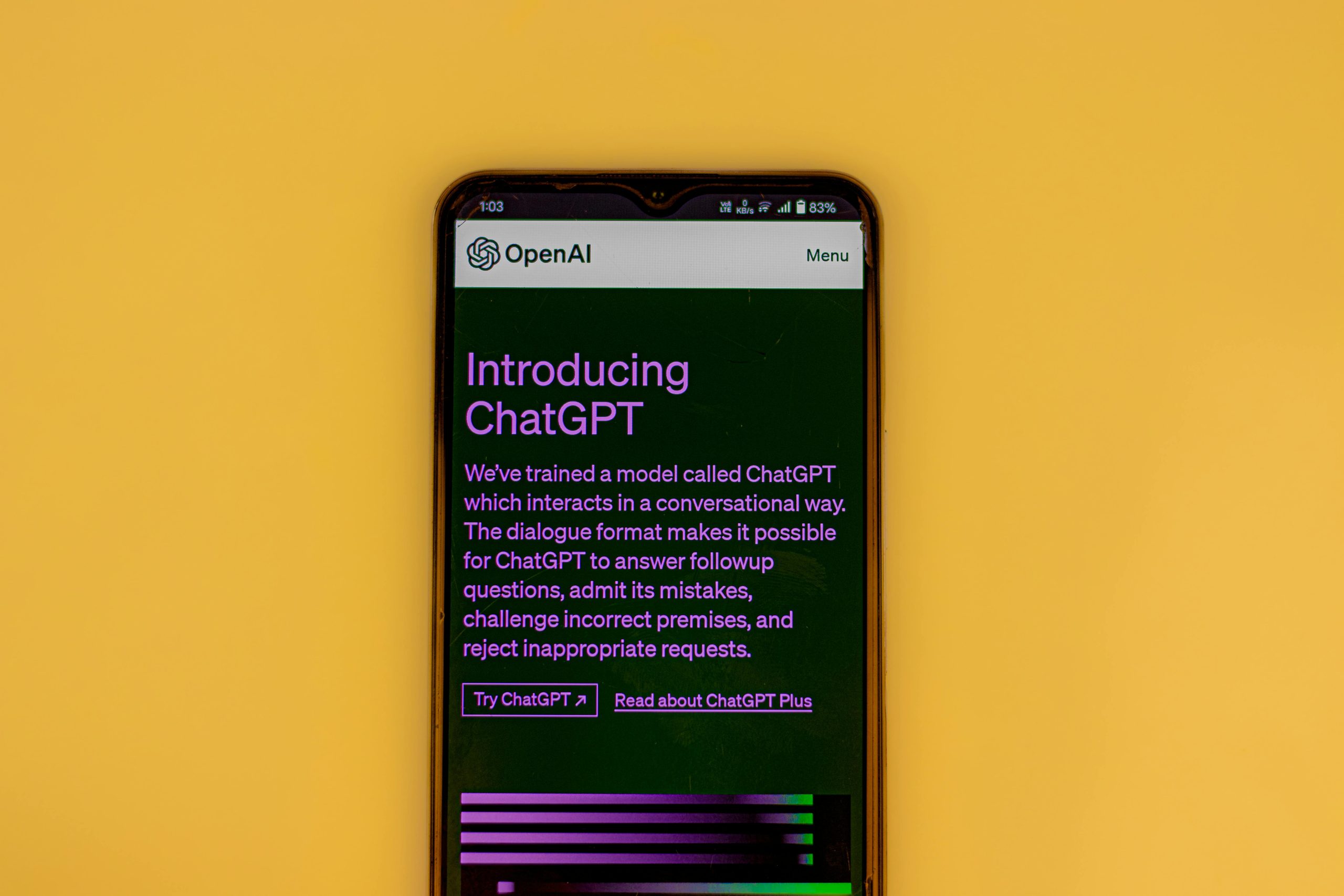Can my employer see my ChatGPT conversations on a work subscription?
Understanding Privacy and Security When Using ChatGPT Through Your Employer’s Subscription
In today’s digital workplace, artificial intelligence tools like ChatGPT are increasingly integrated into daily workflows, providing assistance with tasks ranging from content generation to data analysis. Many organizations offer employees access to paid ChatGPT subscriptions as part of their productivity toolkit. However, this raises important questions about privacy—particularly when it comes to sensitive or personal topics.
What Does a Work-Linked ChatGPT Subscription Entail?
When your organization provides a paid ChatGPT subscription, it often means that your usage is administered under a corporate account. Such arrangements might include centralized control, monitoring, or data logging by your IT or admin teams, depending on your company’s policies and technical setup.
Can Employers Access My ChatGPT Conversations?
Currently, OpenAI’s privacy policies outline that user conversations are not automatically shared with or accessible by organizations unless explicitly integrated into enterprise solutions with monitoring capabilities. However, it’s important to understand that:
- Standard ChatGPT accounts typically keep conversations private from third parties; however, OpenAI may collect and analyze user interaction data to improve their services, unless you opt out or use privacy-focused versions.
- Work or enterprise subscriptions might be configured to allow administrative oversight or logging, especially if the organization employs enterprise-level API integrations or monitoring tools. This means that, depending on your company’s policies and technical measures, conversations could potentially be accessed or reviewed by authorized personnel.
Should You Use a Work Subscription for Personal or Sensitive Topics?
Given these considerations, it’s advisable to exercise caution when using a work-provided ChatGPT account for highly personal or sensitive matters, such as financial advice, healthcare questions, or legal concerns. Even if conversations are not actively reviewed, the potential for access exists, especially in corporate environments that prioritize data security and compliance.
Best Practices for Protecting Your Privacy
- Use a Personal Account: For personal, confidential, or sensitive inquiries, it’s prudent to maintain a separate, personal ChatGPT account that isn’t linked to your employer’s subscription.
- Review Company Policies: Familiarize yourself with your organization’s policies regarding data privacy, monitoring, and acceptable use of AI tools.
- Secure Your Data: Remember that no online tool can guarantee complete anonymity. Avoid sharing personally identifiable information or sensitive details in work-related AI conversations.
- Consider Privacy Settings: Utilize privacy features provided by OpenAI, such as opting out of data sharing for training purposes, to enhance














Post Comment